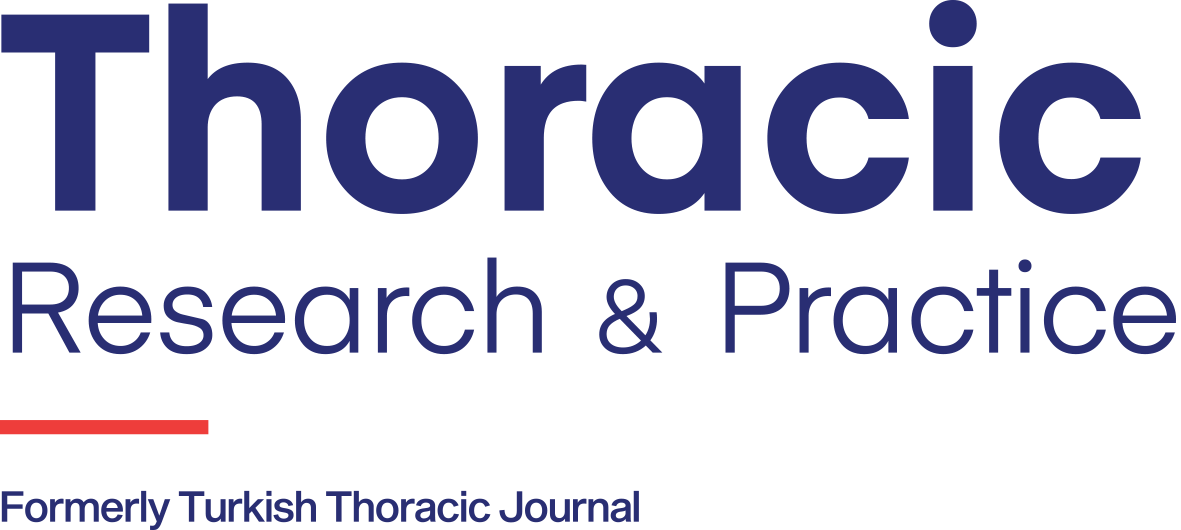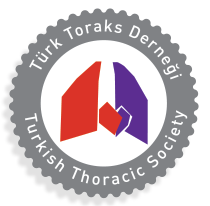DEAR EDITOR,
We appreciate the opportunity to respond to the comments made by Professor Al-Mendalawi1 regarding our recent study published in Thoracic Research and Practice, which examined the long-term impact of Coronavirus disease-2019 (COVID-19) and the prevalence of sleep disorders among COVID-19 survivors.2 We thank him for his thoughtful engagement with our study and for highlighting the importance of using robust and validated tools to assess sleep quality.
In response to his comments, we would like to clarify a few key points regarding our methodology. Our primary objective was to determine the prevalence of specific sleep symptoms-such as daytime sleepiness, insomnia, and other sleep-related issues-among COVID-19 survivors, rather than assessing overall sleep quality. This focus guided our choice of a customized survey, which allowed us to capture detailed information on these specific symptoms.
While the Pittsburgh Sleep Quality Index (PSQI)3 is indeed a well-validated and widely used tool, its application in our study presented several challenges. First, the participant burden associated with the PSQI, which comprises 19 items, was a significant concern. To minimize participant fatigue, we opted for a more streamlined approach to data collection.
Second, since the PSQI assesses sleep quality during the previous month and is prefaced by the phrase “During the past month ...”, we did not find the tool well-suited to our study objectives. Our research required participants to recall their sleep experiences from the time of their COVID-19 infection, which in many cases occurred more than a year prior. As such, the PSQI’s timeframe did not align with the need to assess retrospective sleep symptoms. Instead, we developed a tailored survey to capture specific sleep-related issues directly relevant to our study aims.
Although other short sleep assessment tools are available and provide fast and reliable assessment of sleep quality,4, 5 the sleep measures in these questionnaires only include graded response categories and do not provide quantitative data, and therefore the number of hours of sleep cannot be determined. Similarly, the Brief-PSQI,6 although less burdensome to the study participants, has excluded daytime sleepiness and was performed only among a Spanish-speaking population, and the findings cannot be generalized.
We fully acknowledge the value of the PSQI in assessing sleep quality in many contexts and agree that its use could facilitate direct comparisons with other populations and studies. However, for the specific objectives of our research, we believe the survey methodology we employed was more appropriate and practical.
We share your concern regarding the significant proportion of sleep disturbances observed in our study cohort. These findings underscore the need for further research into tailored interventions to improve sleep health and overall quality of life for individuals recovering from COVID-19.
Thank you again for your insightful comments, which contribute to the ongoing dialogue about the best methods for studying sleep disturbances in post-COVID-19 populations. We remain committed to refining our methodologies and welcome future discussions and collaborations in this important area of research.



